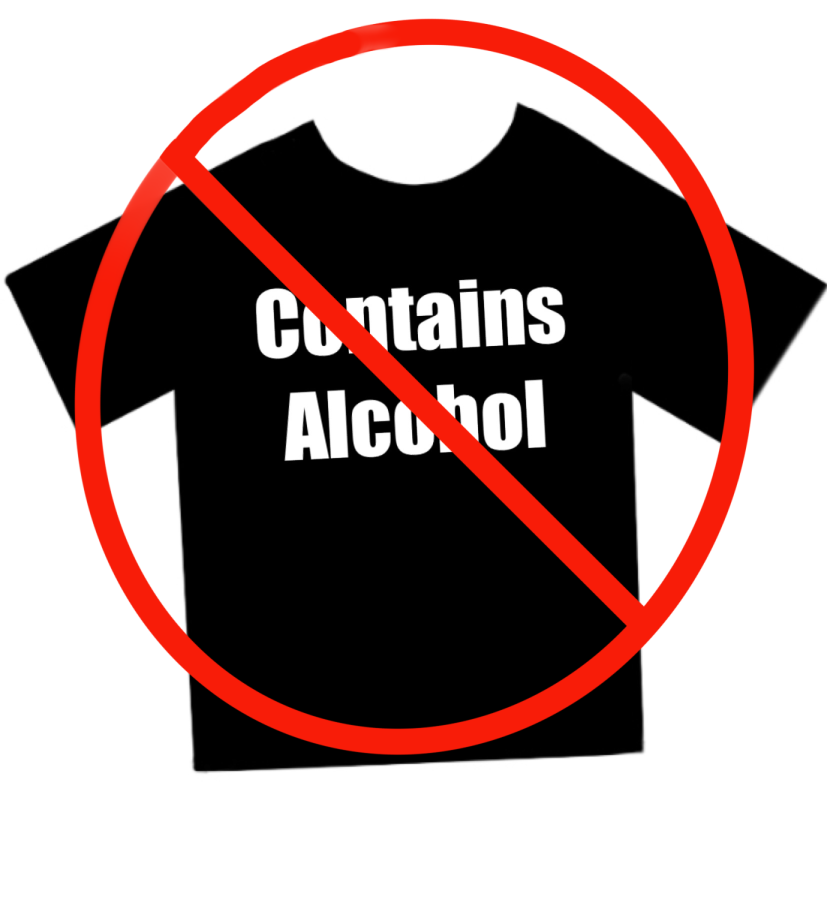Is the Dress Code “Sexist”?
November 28, 2022
The purpose of a dress code is to match the general environment you’re in, for example, if you work in an office or are having an interview, you may want to wear business or business casual. We are in high school, we love to explore different things, but not in an appropriate way. Being dress coded really depends on if your clothing is quite literally, “distracting,” like staff usually say. Our school doesn’t have much of a harsh dress code. According to the Student Handbook,
“Hoods and hats may be restricted in classrooms at teacher discretion, Clothing should be modest in nature and appropriate for a learning environment, Clothing that distracts from the learning environment (i.e. drug, alcohol, tobacco, illegal behavior) will be prohibited, Failure to comply with these guidelines will result in wardrobe modification, student conference, and/or school discipline.”
Practically saying that if you wear anything that involves illegal while under age substances, and/or something that shows a little too much, they’re gonna make you change, talk to your parents or undergo any sort of discipline they come up with.
“I can understand if something is a little bit too flashy at school. I can understand why there’d be a punishment for that, but if it’s merely just a brand or a logo, I don’t understand the problem,” Senior Aeddon Fendrick said.
Fendrickhas been dress-coded 6 times. Like he said, if it’s not promoting [the brand/logo] anything, what seems to be the problem?
“I think it could be either sexist or biased depending on how bad the clothing is,” Senior Madelyn Klaudt said.
“I’ve been dress-coded three times, they told me to cover up or put something over or try to make me change,”
Dress coding could be sexist, but as seen above with Fendrick, though it may be according to the person, I think it’s pretty much even between boys and girls being dress coded.
“They would try to make me flip my shirt inside out, or make me change my shirt [or]they’d call my parents,” Fendrick said. So to address the situation they would make you change or flip your shirt inside out, and as the Student handbook addresses, “Failure to comply with these guidelines will result in wardrobe modification, student conference, and/or school discipline.”
Having to change is pretty fair considering it may affect some, but having parents called isn’t really a mature thing to do, it’s just giving kids more of a problem at home if anything.

